10 Ways To Bounce Back From a Heavy Spending Month on Your Credit Card
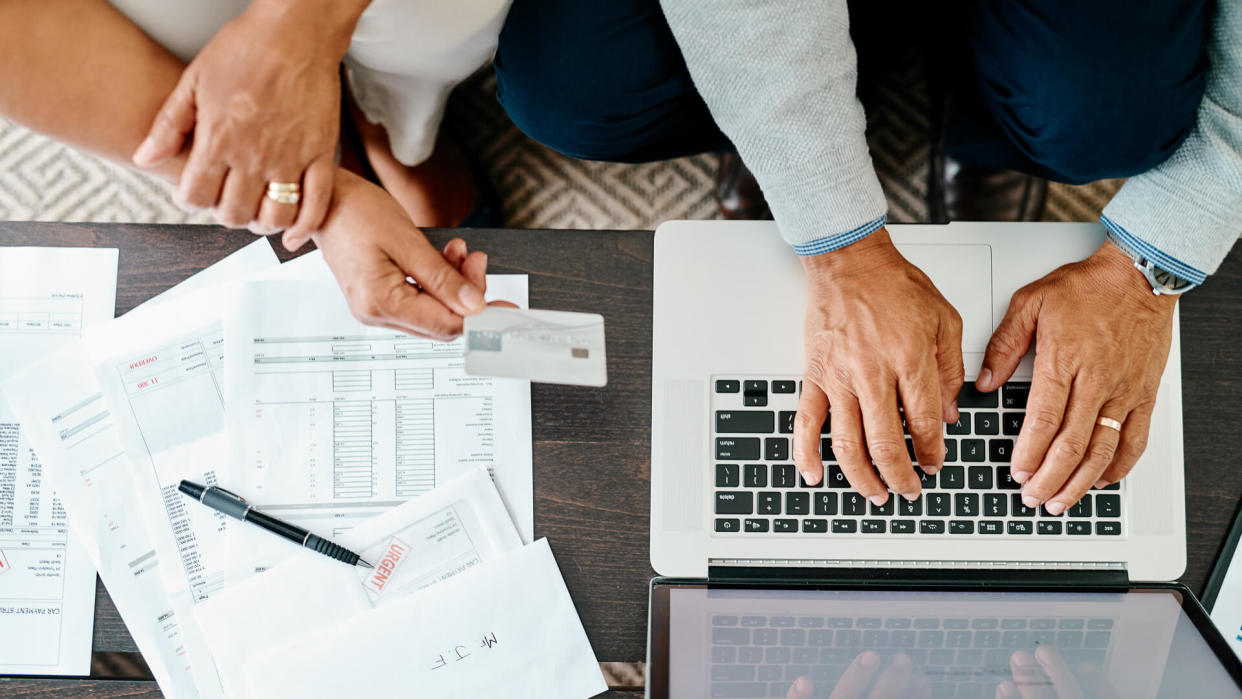
We’re coming up on the holiday season — and between buying all the things you need to keep yourself safe and healthy indoors this winter, you’re probably also hitting that “aaaaaaah!” moment when you realize that you’ve spent too much on the holidays. But you had to! How else were you going to show the people you couldn’t be with this holiday season how much you care? And the Amazon deals were so good!
We get it — sometimes you overspend. And though a hefty credit card bill doesn’t mean anything about you as a person (those deals were very good!), it does mean that you’ll need to tighten your belt a bit to get through the next month or two. Here’s how to bounce back after you’ve charged too much on your card.
Last updated: Nov. 3, 2020
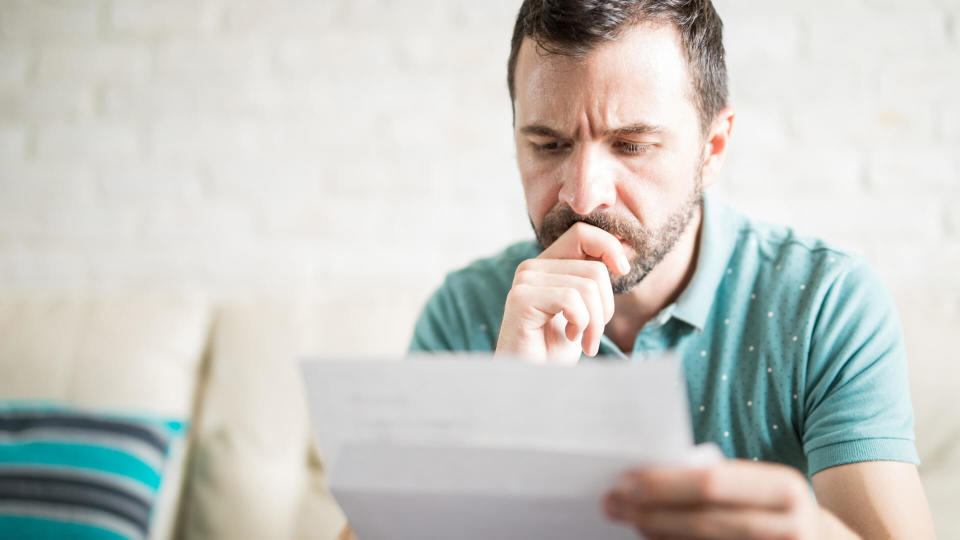
Don't Miss Your Payment
When confronted with a credit card bill, it’s normal to want to go into hiding. Have you ever not opened the envelope that contains your monthly statement or ignored a notification that payment is due?
Fight the urge and do your best to make a payment right away. Missed payments don’t just drive up your costs, they drive down your credit score, too. And if you miss more than one payment, it could take your score a long time to recover.

Really Look At Your Spending
Now that you’ve made a payment, it’s time to take a cold hard look at your spending. The overall amount doesn’t tell the whole story. What you’ll want to do is think about which areas of your life you’ve spent the most in. Is it food? Entertainment? Decorative candles that signify that Thanksgiving is finally here?
Noting what you spend and where can help you find areas in which you can reduce spending. That way you can pay down your debt faster and start saving for your future and emergencies.

Check Your Progress
Before we get to this step, we just have to reiterate this once more: Make sure you make a payment on your credit card before you proceed to any other advice. Remember, that’s the best way to keep your credit score from falling.
Now that you’ve done that, consider really tracking how you spend for more than just one payment period. You should absolutely be trying to cut down as you do this, of course, but it’s important to get a holistic picture of how you’re managing your money.
If you just overdid it over the holidays then you can get back to normal fairly quickly. But could it be possible that what you thought was just seasonal enthusiasm is actually a pattern of overspending? This is how you find out.
Plus, just keeping a close eye on your spending might motivate you to cut back in little ways.

Create a New Budget
So you’ve paid your bills and gone over your spending with a fine-toothed comb. Now what? The most challenging part of bouncing back is the most important, too. You need to create a budget. More importantly, you need to create a budget that works for you. If your new plan to cut back isn’t realistic, what motivation will you have to stick to it once the sense of accomplishment you’ll feel creating a budget fades?
If you’re spending too much on the “fun” areas of your life — we know, that’s more precious than ever right now — find ways that you can still do the things you like while cutting back incrementally. You won’t stick to a budget that has you never ordering dinner again, but you may be more OK with one where getting delivery once a week is the new normal.
Find Out: The Top 10 Most Exclusive Credit Cards You Didn’t Know About
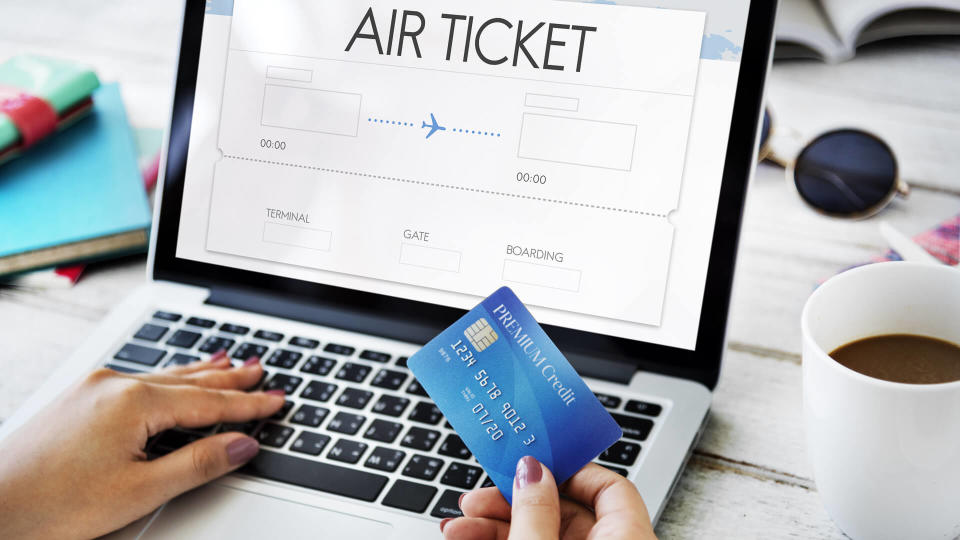
Forget About the Rewards — at Least for Now
One of the easiest ways to reason away overspending is focusing on the rewards you get for swiping your card. But those rewards won’t change the fact that you have to pay off your debt. They also won’t stop interest from accruing.
Getting cash back and earning points is a nice perk, but that’s all it is. So if you’re spending to earn rewards, consider how much better it’ll feel to carry a lower balance instead.

Use Less of Your Available Credit
This may sound counterintuitive, but spending up to your limit isn’t actually great for your credit score. In fact, if you’re consistently close to your balance limit, your credit utilization rate could also be limiting you from getting the things you really want.
Aside from making sure you make your payments on time, keeping your balances (generally) low is a good way to raise your credit score and ensure you’re getting the best deals on loans and financing for the bigger purchases you make.
For a long time, the rule of thumb has been to use no more than 30% of your limit in order to keep your score at its peak. It may be a bit more complicated than that, but the general rule still holds: The lower your balance, the higher your score.
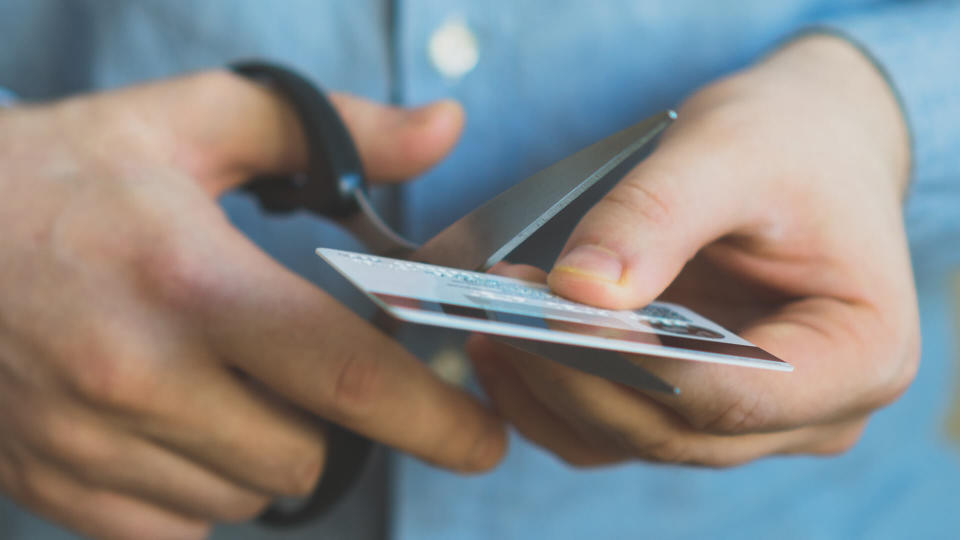
Don't Close Your Cards
Sometimes, it may feel like the best thing to do is just pay off a credit card and close that account. And that urge is strongest when you’ve just opened your bill. Closing a credit card may feel good in the moment but could be detrimental in the long run.
Why? The credit utilization rate strikes again! If you close a card, your overall balance goes down. That means that your balance-to-limit ratio goes up. Focus on the long term instead: Pay down your balances more aggressively and then keep that balance down as much as possible. It might help to put that credit card away so you’re less tempted to use it.

Consolidate Your Balances
Credit cards can have wildly varying interest rates and the one you use the most may also be the most expensive. Compare what the interest rates are on all your cards and consider consolidating your debts onto the one or two with the lowest interest rates. That might help you save some money and pay down your debts quicker.
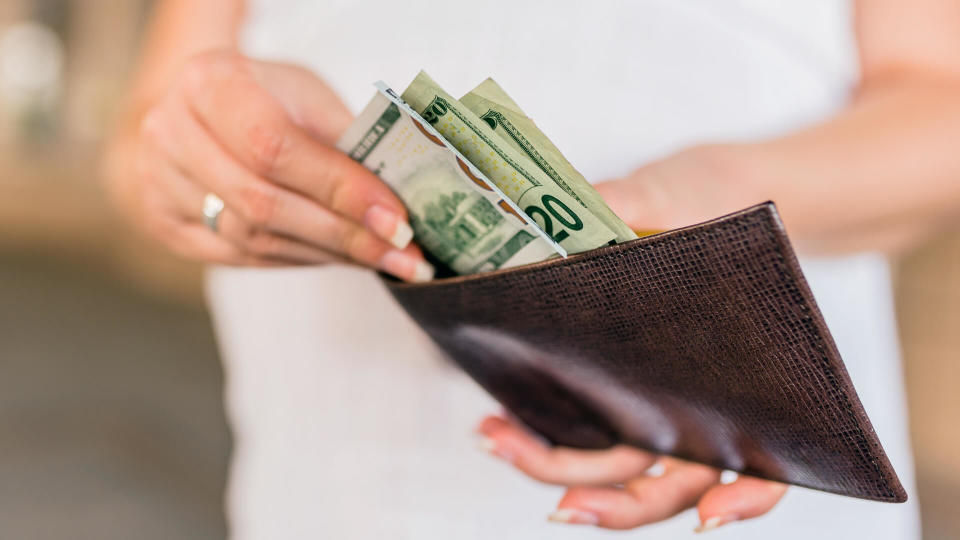
Only Spend What You've Got
Sometimes, debt doesn’t feel real because it’s just a series of numbers on a statement. But whether it seems real or not, you’re going to have to pay that money back eventually. That’s why it’s important to live within your means.
That means spending only what you have right now and not what you might be earning in the future. That can keep your costs down and give you more opportunities to save for bigger purchases. Consider setting a hard limit on your spending and checking your balance weekly (if not daily). The more often you check, the less anxiety-provoking checking will be.

Avoid Impulse Purchases
Having a credit card — and especially having that credit card info stored in your phone — makes buying things easier than ever. And the pandemic has made it even more attractive to buy things you might not need
How can you resist when everyone’s having a sale and every Instagram post is begging you to swipe up and buy a water bottle that’ll keep your liquids cool for an eternity. But how often do you buy something and then regret it? And how often do you forget to return the purchase you regret?
Consider noting the things you want to buy and giving it a few days before you actually type in your credit card number or tap your phone at the cash register. You may not get the dopamine rush of buying something new, but you won’t have to wince when you open your credit card bill, either.
More From GOBankingRates
37 Ways To Save For Your Emergency Fund and Any Unexpected Situations
Are You Spending More Than the Average American on 25 Everyday Items?
Guns and 32 Other Things You Definitely Do NOT Need To Buy During the Coronavirus Pandemic
This article originally appeared on GOBankingRates.com: 10 Ways To Bounce Back From a Heavy Spending Month on Your Credit Card

